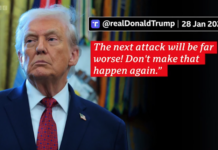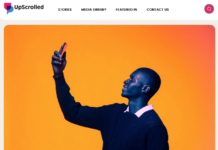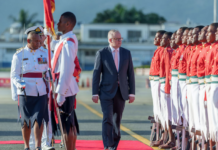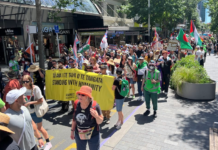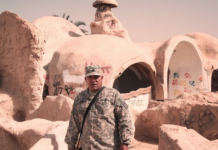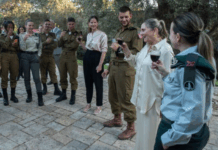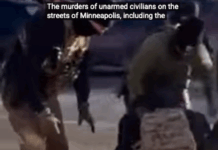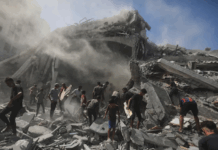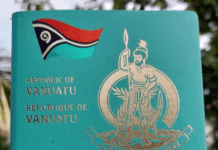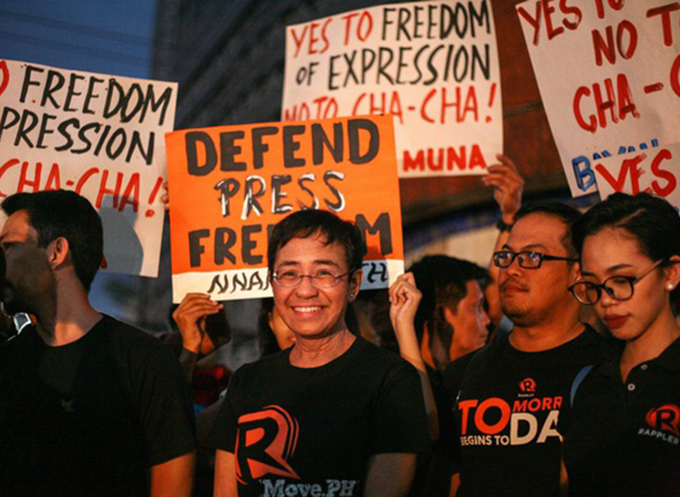
COMMENT: By Dr Alexandra Wake
No democracy is complete without access to transparent and reliable information. It is the cornerstone for building fair and impartial institutions, holding leaders accountable and speaking truth to power.” — António Guterres, United Nations Secretary-General
A little under a year ago I watched Maria Ressa give a speech in which she said she didn’t know what being a journalist really meant until only a couple of years ago.
Her words surprised me because I couldn’t conceive how a journalist who was named with the Guardians as Time’s Person of the Year in 2018, could feel that way.
Ressa has long been a hero of mine. She spent two decades working as an investigative reporter, foreign correspondent and as both Manila and Jakarta bureau chief for CNN but says it wasn’t until she founded the online news publication Rappler in 2012 that she really felt the weight of her chosen profession.
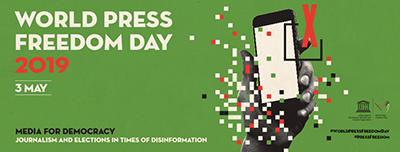
I’ve been thinking about her statement for almost eight months.
In universities, we spend much of our time talking and writing about the heroes of our profession: poring over the statistics of the foreign correspondents who are killed and discussing the big name TV journalists who put the hard questions to those in power.
We debate endlessly if someone like Julian Assange is, or isn’t, worthy of being called a journalist.
Daily heroes of journalism
But we pay much less attention to the daily heroes of journalism who may never win a Walkley or a Pulitzer, but who ensure that factual stories are produced for the communities in which we live.
Most graduates of journalism programmes will start out as those everyday heroes of journalism. Few will start off as brave or knowledgeable, but they will learn to have the courage and do what all great journalists must do when they don’t just accept something but call, and check it out.
On this World Press Freedom Day, I hope student journalists learn that being a great journalist does not mean that they have to incur the wrath of a president or be physically or verbally abused.
New journalists can be great journalists: as long as they know not just to report what a person said, but also to question what is going on, to look at the factories in the communities that are overflowing with chemical waste, and to check if rehabilitation has really occurred. In short, they are the frontline in the fight for truth in an increasingly fact-less world.
The mark of a civilised society is to have a press corps that can do its work, get a regular paycheque, and feel the full support of the community behind it.
I’d like to use this day to call on our communities to do more to support journalism (by paying for it) and to support the people choosing journalism as a profession. In my mind, every journalist is as vital as every nurse, and as every teacher in the country. It is a great profession.
That’s the message I’d like journalism students to be told in 2019: It’s up to us to help make journalism a profession that students should be confident to enter.
Dr Alexandra Wake is president of the Journalism Education and Research Association of Australia (JERAA).


